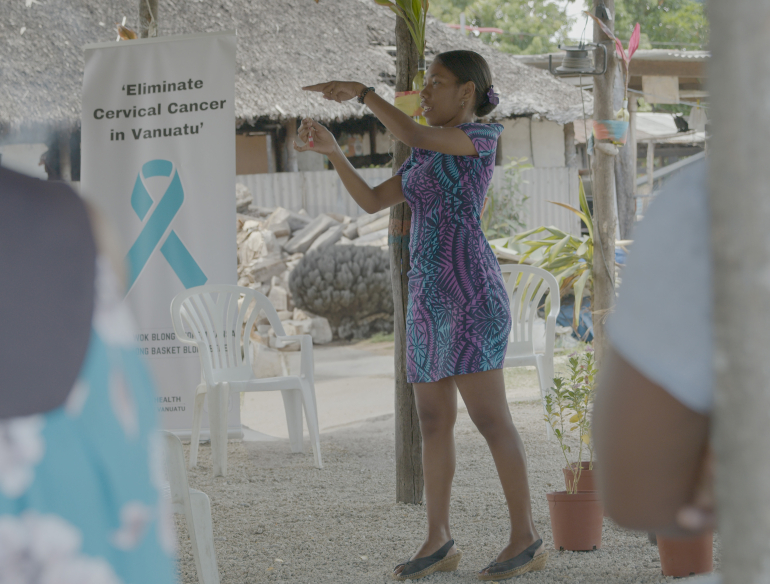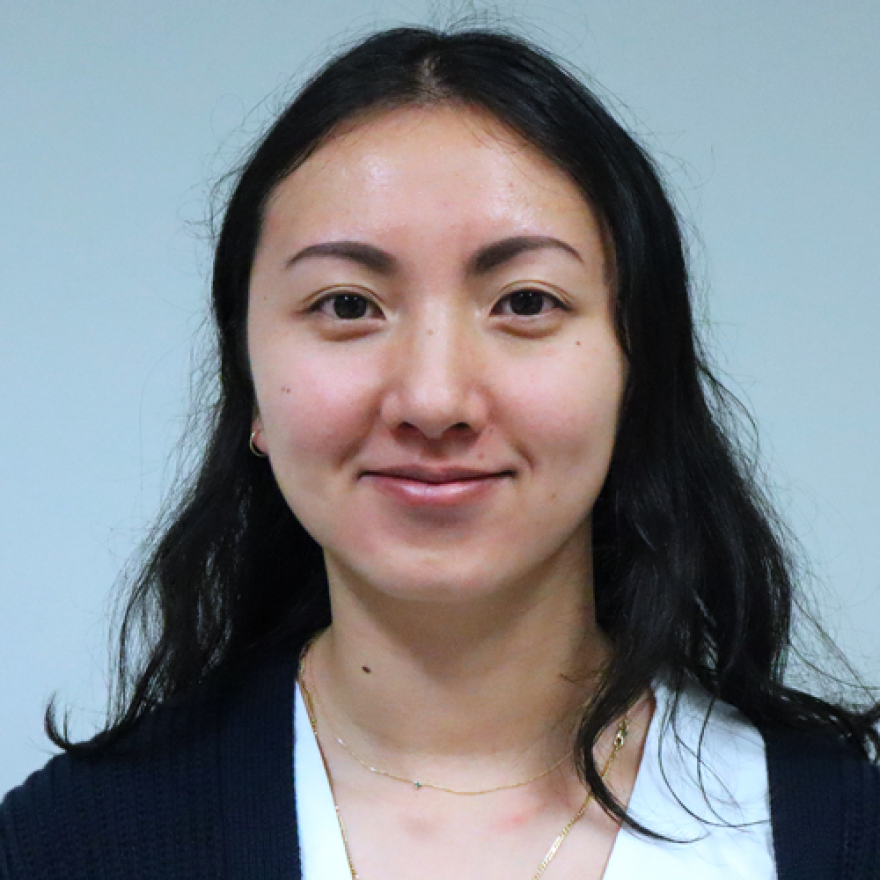Cervical cancer is the fourth most common cancer of women worldwide with an estimated 570,000 cases and 311,000 cancer-related deaths annually. It is a disease of inequity with more than 85% of the global burden occurring among women in low- and middle-income countries (LMIC), where the highly effective strategies of human papillomavirus (HPV) vaccination, HPV-based cervical screening, and treatment of pre-cancer and cancer, are largely unavailable.
The project will advance the World Health Organization (WHO) strategy to eliminate cervical cancer as a public health problem globally by the end of the century, based on a ‘triple-intervention’ approach that sets out simple coverage targets to place all countries on the path toward elimination by 2030: the so-called ’90-70-90’ targets – 90% of girls fully vaccinated against HPV by age 15; 70% of women screened by age 35 years, and again by age 45 years, using a high-precision test for HPV; 90% of women with cervical pre-cancer and invasive disease managed appropriately and effectively.
This project will set Vanuatu and the Western Highlands Province (WHP) of Papua New Guinea (PNG) on the path to elimination. It involves the delivery of vaccination and screening to 120,000 women and girls, supported by the establishment of core infrastructure including digital vaccination and screening registries, in-country training and modelling support towards building the case for sustainable investment by governments.
In PNG and Vanuatu, it is the first time that a group has been able to fully integrate, within a primary care setting:
- self-collection of vaginal samples
- testing on a platform that provides HPV results at point-of-care
- ability to do visual assessment prior to treatment
- provide thermal ablation (treatment)
Most importantly, the program is providing all of these services on the same day. The screen-and-treat program has demonstrated excellent performance in terms of the testing and treatment of underlying high-grade disease, extremely high acceptability among providers and participants, and cost-effectiveness of the strategy compared to other forms of screening.
Based on earlier field trials conducted among more than 5000 women in PNG, we anticipate that:
- Around 85% of women screened will have a negative HPV test at first visit and will be advised that they are at extremely low risk of cervical cancer; that a pelvic examination is not currently indicated; that they should return for HPV-based screening in 5-10 years (or earlier if symptoms).
- Among the 15% of women with positive HPV test at first screening, around 90% will be eligible for curative thermal ablation and treated the same day.
- Around 10% of HPV positive women will not be eligible for same-day treatment at their first screening and will be referred for gynaecological review.
- Western Highlands Provincial Health Authority, PNG
- Vanuatu Ministry of Health
- Vanuatu Family Health Association
- Kirby Institute
- Daffodil Centre
- University of Sydney
- Cancer Council NSW
- Australian Centre for Cervical Cancer Prevention
- Family Planning Australia
Minderoo Foundation, bolstered by donations of equipment and consumables from Cepheid and Copan, with in-kind and additional funding support from partner health authorities and governments.





